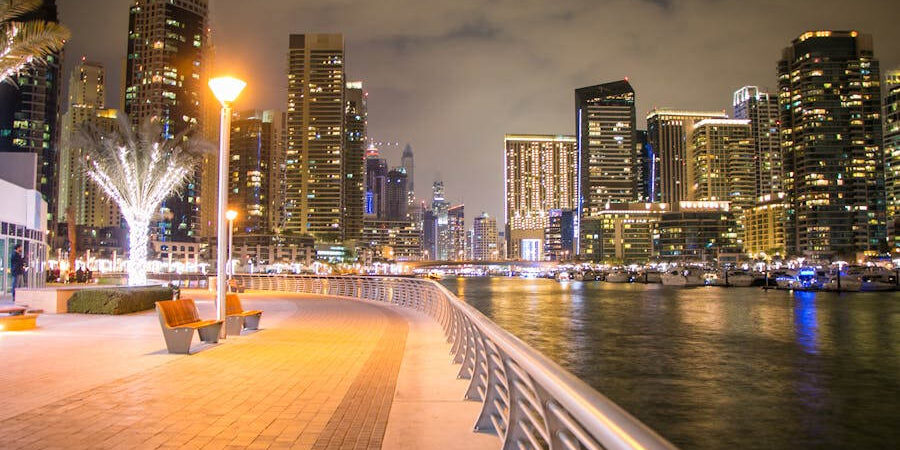


The association between light pollution and Alzheimer’s disease is more common than you might think.
Rachel, a 52-year-old social worker living in Miami, was lying awake in bed. It was after midnight, but the light’s glow filled her room from the street outside.
“I tried everything but couldn’t block out the light,” she said.
For months, Rachel couldn’t sleep. At first, she blamed it on stress, but soon, she started forgetting key details, such as meetings and her colleagues’ names.
After seeing a doctor, she learned she had early-onset Alzheimer’s disease.
Rachel’s story is typical. Many people are now seeing a link between light at night and Alzheimer’s.
Scientists are studying if light pollution—too much artificial light at night—may increase the risk of cognitive problems like memory loss.

Cities are dealing with serious light pollution. Over 80% of people live in areas with high levels of artificial light at night.
It’s mostly coming from streetlights, office buildings, and traffic lights. For many, nighttime feels like daytime because of these lights.
Research is now showing that light pollution might do more than interrupt sleep – it could also boost the risk of Alzheimer’s.
People living in those areas had higher rates of Alzheimer’s compared to those in darker areas.

The connection between light and brain problems might be because it interrupts our natural sleep cycle, which is guided by light.
Exposure to light, especially at night, stops the body from making melatonin, a hormone that helps us sleep. This is particularly true with blue light from streetlights or phone screens.
According to Dr. Steven Lockley, a sleep expert: “For memory and learning, sleep is absolutely key for brain health.
Sleep is absolutely key for learning more, and more that, sleep is really the time where the brain, you know, sort of clears itself out in the night.
It gets rid of build up from the processes through the day that it doesn’t need, and sort of cleans the brain out so we’re ready when we wake up.
And so, in terms of brain health and mental health, sleep is absolutely key”
People who don’t sleep well, especially those in brightly lit areas, often have memory problems and trouble focusing. Over time, poor sleep can lead to severe issues like Alzheimer’s or other forms of dementia.”
Younger people may be more at risk from artificial light at night. People in cities are exposed to more light and might not understand how it could harm their brain health over time.
Even though we don’t fully know the long-term effects of light pollution, you can do some easy things to stay safe.
Experts suggest:
You can put these filters on your phone, tablet, or computer to block the blue light that keeps you from sleeping.
Dr. Christopher Kyba, who specializes in light pollution, says, “So, there’s a hormone that our brain makes called melatonin which in mammals is a signal of darkness.
And when we don’t get that hormone, when we don’t produce that hormone because we’re exposed to so much light in our apartment or as a shift worker, then the whole working of this whole biological clock system becomes problematic.”

Experts are exploring the connection between light pollution and Alzheimer’s. But the first results aren’t looking good.
The Alzheimer’s Association predicts that by 2050, the number of Americans with Alzheimer’s will nearly double.
In our efforts to slow this down, environmental factors like light pollution might have a significant impact.
We normally look at factors like age and family history. But now we’re learning that the environment is also important.
We need more studies over a long period to see how light pollution and other things in the environment affect Alzheimer’s.
Most of the studies so far have focused on outdoor lights, like street lamps. But lights inside, like those from phones and computers, are also a growing problem.

Blackout curtains or limiting screen time before bed are essential. But more extensive changes are needed, too.
However, our cities should work on better lighting systems and more innovative urban planning.
As we learn more about Alzheimer’s, one thing is clear: protecting our brains might start with simply turning off the lights.
These solutions can’t come soon enough for people like Rachel, who are already facing memory problems. We should wonder how much longer we can leave these lights on.